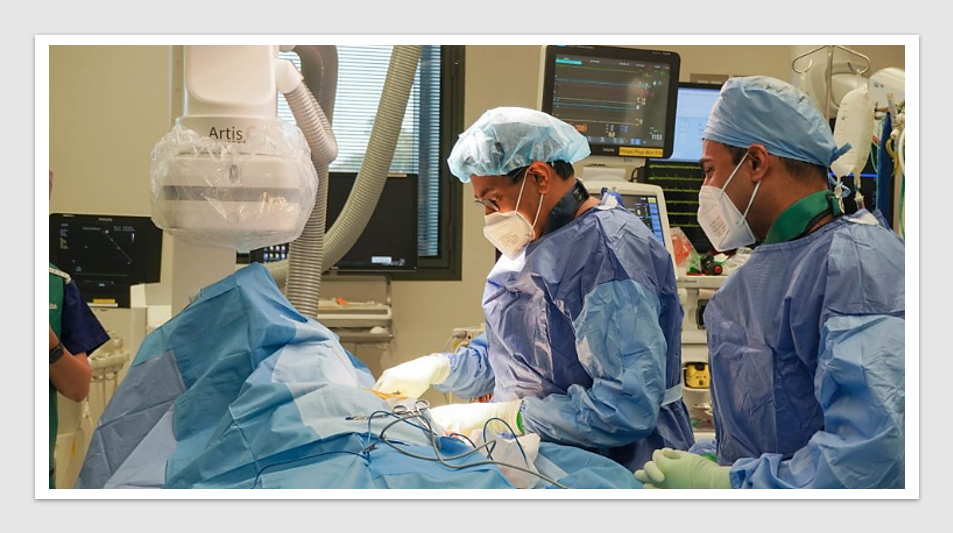Medical
Gene therapy paving the way for novel glaucoma treatment

Medical News: Australian researchers have used gene therapy to regenerate damaged optic nerve fibres in a discovery that could help treat glaucoma, one of the world’s leading causes of blindness.
The pre-clinical study, led by Professor Keith Martin from the Centre for Eye Research Australia and University of Melbourne and Dr Richard Eva, Dr Veselina Petrova and Professor James Fawcett from the John van Geest Centre for Brain Repair at the University of Cambridge, is published in Nature Communications.
Professor Martin says the findings bring hope of future treatments which could repair nerve damage which causes blindness in glaucoma and potentially even restore sight.
Around 300,000 Australians have glaucoma, a disease caused by progressive damage to the optic nerve which transfers visual information from the eye to the brain.
Conventional treatments focus on reducing eye pressure to prevent optic nerve damage, but they do not work for about 15% of patients and there is currently no way to repair damaged nerve cells.
The team tested whether a gene responsible for producing a protein known as protrudin could stimulate the regeneration of nerve cells and stop them from dying when they were injured.
They used a cell culture system to grow brain cells in the lab and then injured them using a laser before introducing a gene to increase the amount of protrudin in the cells, vastly increasing their ability to repair and regenerate.
Tests of eye and optic nerve cells found the protein enabled significant regeneration weeks after a crush injury to the optic nerve.
The research also demonstrated almost complete protection of nerve cells from a mouse retina growing in cell culture, a technique which would usually be expected to result in extensive cell death.
Professor Martin said the results are promising. “What we’ve seen is the strongest regeneration of any technique we’ve used before,’’ he said.
“In the past it seemed impossible we would be able to regenerate the optic nerve but this research shows the potential of gene therapy to do this.’’
The international team is continuing its collaboration in Melbourne and Cambridge. Professor Martin said next steps are to explore the ability of protrudin to protect and regenerate human retinal cells.
Human Resources

Medtronic HR Director deep dives into shifting workplaces and leadership trends: International HR Day
People & Culture: Coinciding with International HR Day, Karen Newell, Senior HR Director for ANZ at Medtronic, joined Health Industry […]
MoreNews & Trends - MedTech & Diagnostics

Aussie medtech reveals new data on next-gen pulsed field ablation system for atrial fibrillation
MedTech & Diagnostics News: An Australian-based medtech company announced promising results from the first-in-human study for its pulsed field ablation […]
MoreNews & Trends - MedTech & Diagnostics

Federal budget delivers ‘mixed news’ for radiologists
MedTech & Diagnostics News: The Royal College of Australian and New Zealand Radiologists (RANZCR) and the Interventional Radiology Society of […]
MoreNews & Trends - Pharmaceuticals

AstraZeneca, BMS and Noxopharm address findings of inquiry report into rare cancers
Pharma News: The Senate Community Affairs References Committee has released its inquiry report into Equitable access to diagnosis and treatment […]
More